Table of Contents
Mercedes M271 Engine (2002–2015)
The Mercedes-Benz M271 is a 1.6–1.8 L inline-4 petrol engine family used across C-Class, E-Class, SLK, and CLK. Early units employed a supercharger (Kompressor), while the later M271 EVO switched to turbocharging + direct injection for better efficiency and torque.
Refined and efficient for its era, the M271 is also known for timing chain wear, oil leaks, and carbon buildup issues you can largely manage with preventive care.
Want the big-picture context? See where the M271 fits in our Mercedes Engine Types hub and compare it with M274 and M264.
Mercedes M271 Engine : Overview
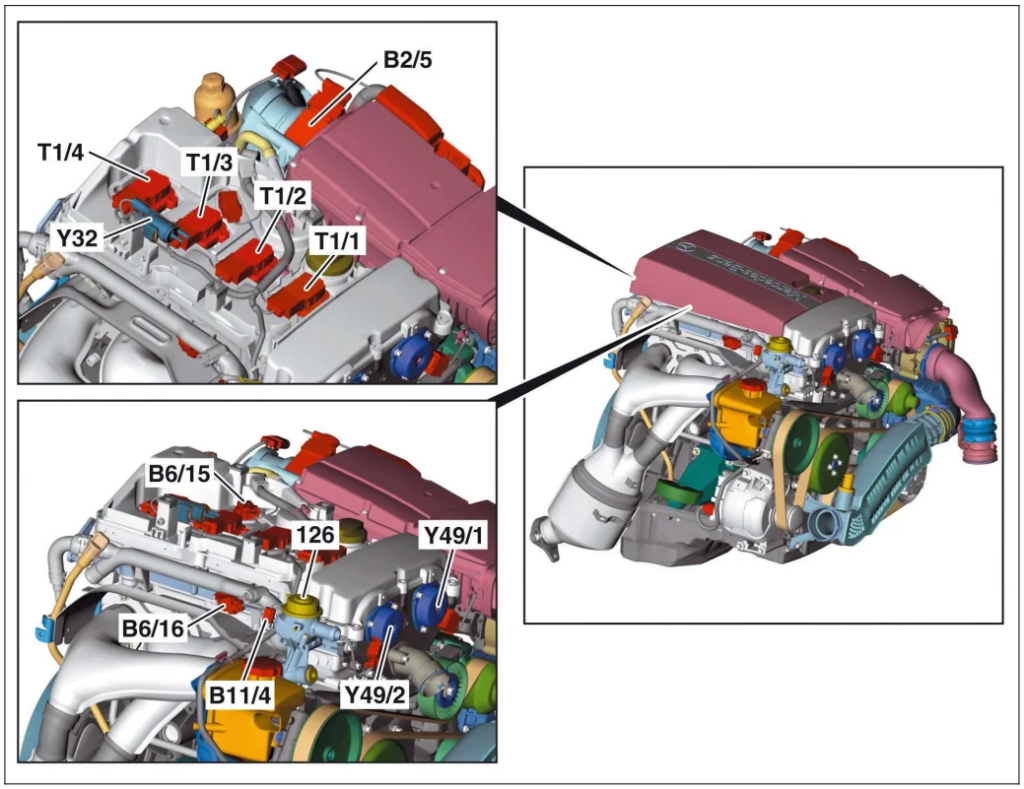
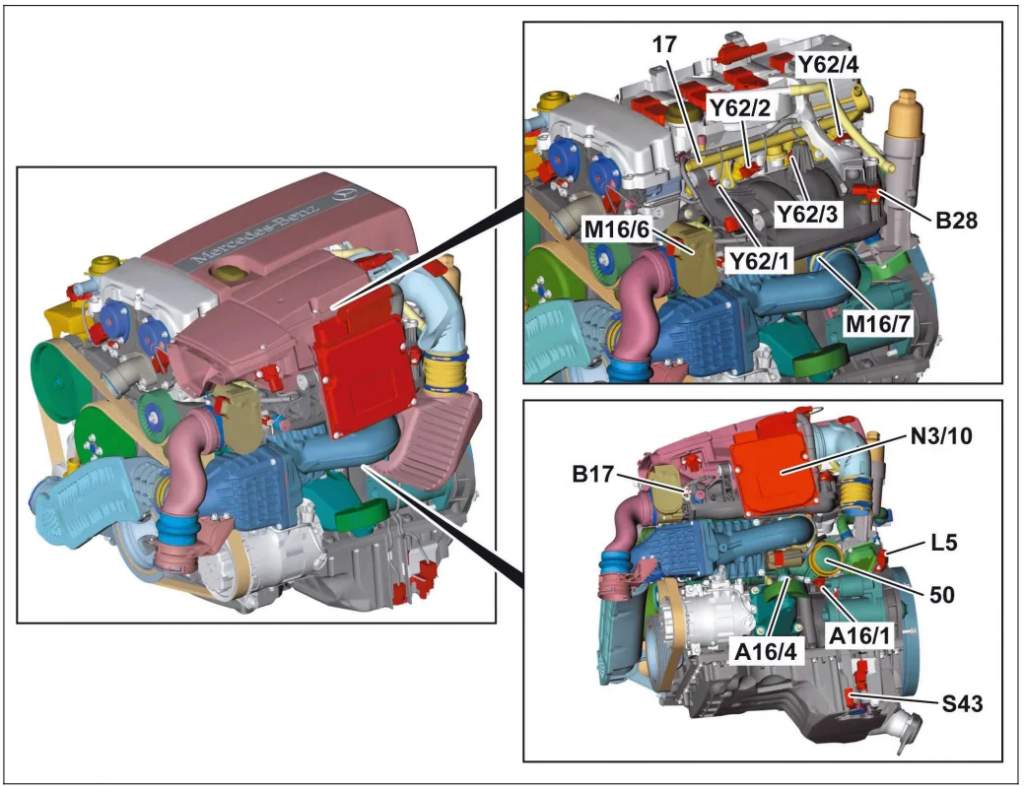

Engine Versions & Quick Specs
| Variant (code) | Displacement | Induction | Injection | Power | Torque | Years |
|---|---|---|---|---|---|---|
| KE16 ML | 1.6 L | Supercharged | Port | ~129 PS | ~220 Nm | 2009–2011 |
| KE18 ML / DE18 ML | 1.8 L | Supercharged / DI | Port/Direct | 143–184 PS | 230–250 Nm | 2002–2008 / 2003–2005 |
| DE18 LA (M271 EVO) | 1.8 L | Turbo | Direct | 156–204 PS | 270–310 Nm | 2009–2015 |
Core construction: aluminum block/head, DOHC 16-valve, chain-driven cams. EVO adds piezo DI and BlueEFFICIENCY measures.

M271 vs M271 EVO (Turbo)
| Feature | M271 Kompressor | M271 EVO (Turbo) |
|---|---|---|
| Aspiration | Supercharged | Turbocharged |
| Injection | Port | Direct |
| Efficiency | Lower | Higher (BlueEFFICIENCY) |
| Low-rpm torque | Moderate | Stronger |
| Known issues | Chain stretch, oil leaks | Chain still a concern, plus DI carbon buildup, turbo hoses |
Related: M274 (successor) guide
Reliability Snapshot
Overall: Solid when serviced on time. The platform’s biggest risk is timing chain stretch/guide wear especially on early units plus cam actuator oil leaks and carbon buildup on EVO (DI). Address noises early and stick to short oil intervals; the engines can run 200k km+ reliably.

Common M271 engine Problems & Fixes
| Problem | Typical Symptoms | Diagnosis | Fix / Notes | DIY? |
|---|---|---|---|---|
| Timing chain stretch / guide wear | Rattle at start, high-RPM metallic noise, cam timing codes | Listen cold; scan cam/crank correlation | Replace chain, guides, tensioner; updated parts recommended | Partial |
| Camshaft actuator oil leaks | CEL, rough running; oil wicking into loom | Inspect connectors and harness below head | Replace actuator seals/magnets; clean loom | OK |
| Injector faults | Rough idle, misfire, limp mode | Scan P02xx; balance test | Replace faulty injector(s), code to ECU | NO |
| Carbon buildup (EVO DI) | Hesitation, rough idle, lower mpg | Borescope intake valves | Walnut-blast ~60k mi/100k km | Partial |
| Turbo/boost leaks (EVO) | Low boost, whistling, oily hoses | Pressure/boost test; inspect clamps | Replace hoses/clamps; check PCV | OK |
| Oil consumption & leaks | Smoke, top-ups between services | Visual inspection; PCV check | Reseal covers, update PCV, monitor | OK |
| Water pump/thermostat leaks | Coolant low, temp swings | Pressure test | Replace pump/thermostat | OK |
Case studies:
Oil leak from oil filter housing : Case study & Fix it
Coolant level low : Case study & solution steps
Why Wont My Mercedes Start? A Case Study of the Mercedes C300 W204 with M 271 Engine
Coolant Leak From Water Pump : Case Study & Solution
Engine Misfire When Cold : Case Study & Solution
Engine Misfiring : Case Study & Symptoms & Reason & Solution
Engine Rebuild : Why & Case Study
Boost Leak Check: 4 Steps to Solution
Long Cranking Before Start: Steps to Resolve
Rough Idle : Repair it This Way
How to Diagnose the Engine Noises: 100% Solution
Engine rattling noise on cold start Mercedes – Solution here

Maintenance & Best Practices
- – Oil & filter: High-quality full synthetic MB 229.5 / 229.3 every 5–7.5k mi (8–12k km) shorter than factory to protect chain.
- – Timing system: Inspect for rattle; plan chain/rails/tensioner by ~150k km (earlier if noisy).
- – Intake cleanliness (EVO DI): Walnut-blast valves ~60k mi / 100k km.
- – Breather/PCV & cam magnets: Inspect/clean each service to prevent oil wicking.
- – Cooling system: Monitor pump/thermostat/hoses; replace at first sign of leak/overheat.
- – Turbo models: Check charge hoses/clamps annually; allow light cooldown after hard runs.
Oil types: Common choices 0W-40 / 5W-40 meeting MB 229.5/229.3 (confirm in owner’s manual).

Tuning Potential (How much HP can it handle?)
- – Stock internals: ~300–350 hp is the typical safe ceiling on well-tuned EVO setups with supporting mods (intercooler, exhaust, turbo upgrade).
- – Beyond that: Consider forged pistons/rods and professional calibration.
- – Caution: More power → more heat and chain/valvetrain stress; shorten service intervals.
Applications (Selected)
- – C-Class (W203/W204) — C180/200/230/250 (Kompressor/EVO trims)
- – E-Class (W211/W212) — E200/250 (market dependent)
- – SLK (R171/R172) — 200/250
- – CLK (W209) — 200 Kompressor
Real-Owner & Tech Quotes
“Rattling like a diesel on cold starts at 85k km—stretched chain. Guides + sprockets fixed it.” — MBWorld user
“Chain stretch and cam phaser wear are common after ~60k mi on early units. Prevent with short oil intervals.” — Independent specialist
“Boost drop above 3k rpm on EVO—updated turbo hose clamp solved it.” — Reddit user
M271 vs M274 vs M264 (Quick Compare)
| Engine | Years | Induction | Injection | Notes |
|---|---|---|---|---|
| M271 | 2002–2015 | SC (early) / Turbo (EVO) | Port → Direct (EVO) | Chain issues on early units; EVO adds DI torque & efficiency |
| M274 | 2011–2020 | Turbo | Direct | Successor; improved efficiency, still DI carbon care needed |
| M264 | 2017–present | Twin-scroll turbo + 48V mild-hybrid | Direct | Newer, smoother, better emissions & economy |
Deep dives: M274 Engine Guide • M264 Engine Guide
FAQs
Q1: Is the M271 reliable?
Yes, with frequent oil changes, early chain noise attention, and (EVO) intake cleaning. Many owners report strong longevity when maintained.
Q2: What’s the big issue to watch?
Timing chain stretch/guide wear. Treat any cold-start rattle as a fix-now signal.
Q3: Oil capacity & spec?
Varies slightly by model use MB 229.5/229.3 approved oils (often 0W-40 or 5W-40). Always confirm your exact spec in the owner’s manual.
Author
Written by Mercedes Expert
With years of hands-on experience diagnosing and repairing Mercedes-Benz systems, he brings technical depth and practical case studies to help car owners, technicians, and enthusiasts troubleshoot complex automotive issues. His work focuses on clear repair guides, OEM-level procedures, and knowledge-sharing to empower both professionals and drivers.
Last Updated: September 2025

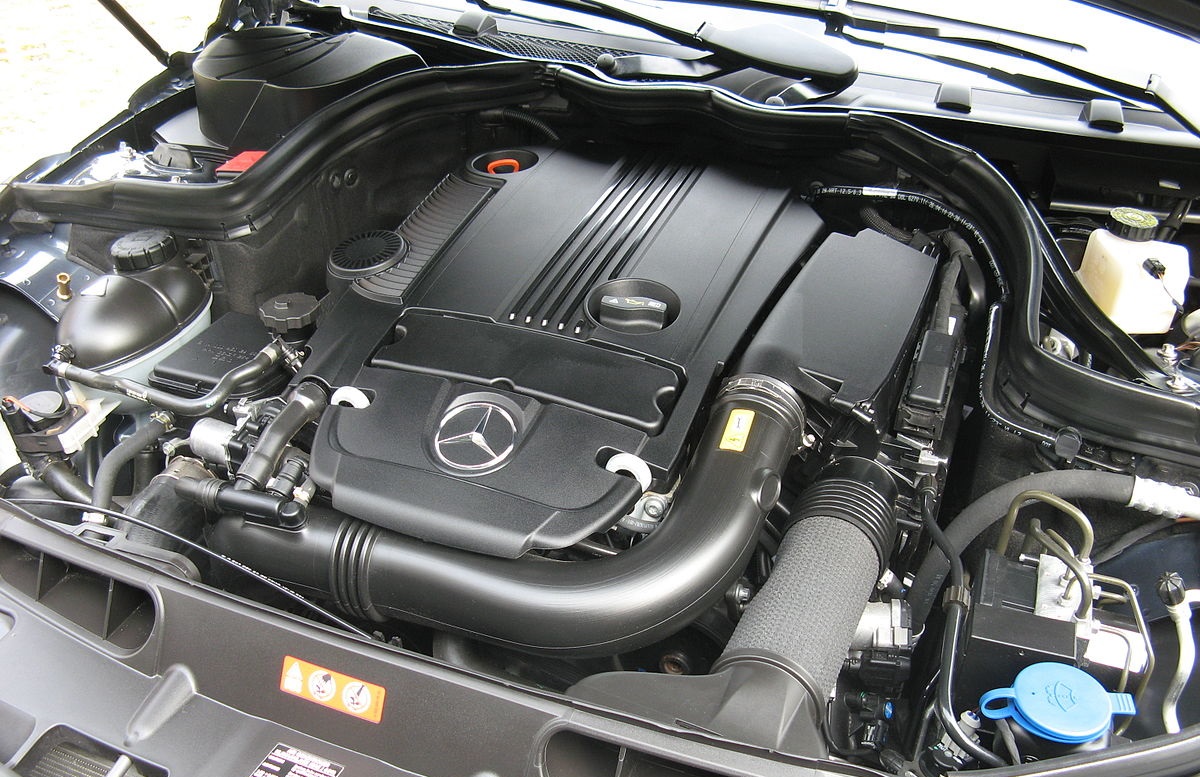
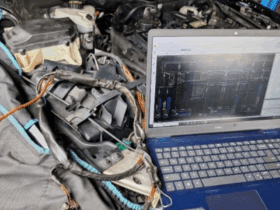
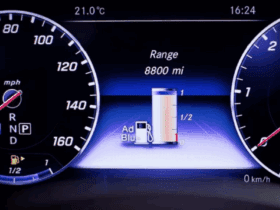
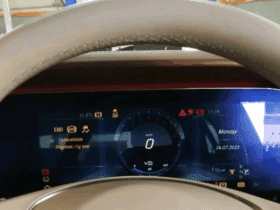
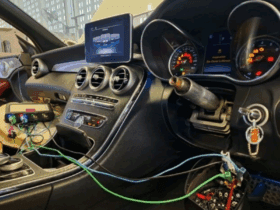
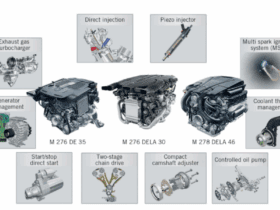
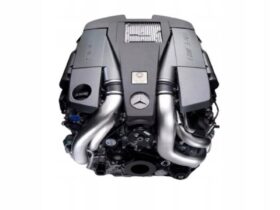
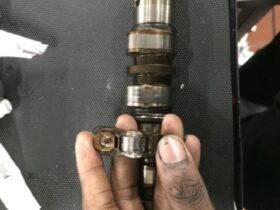
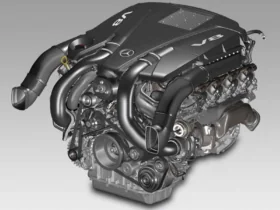
Leave a Reply